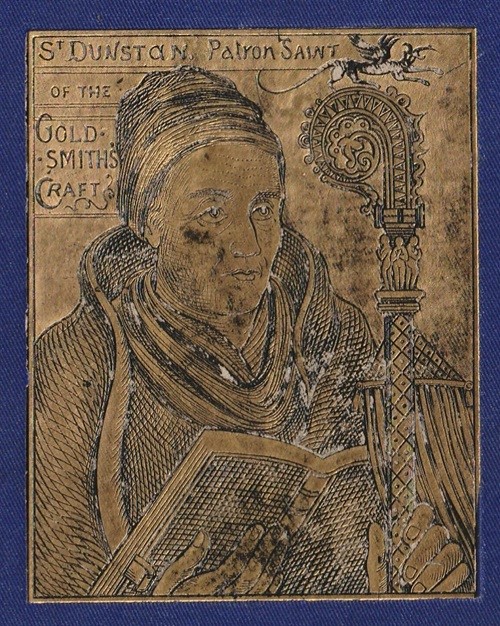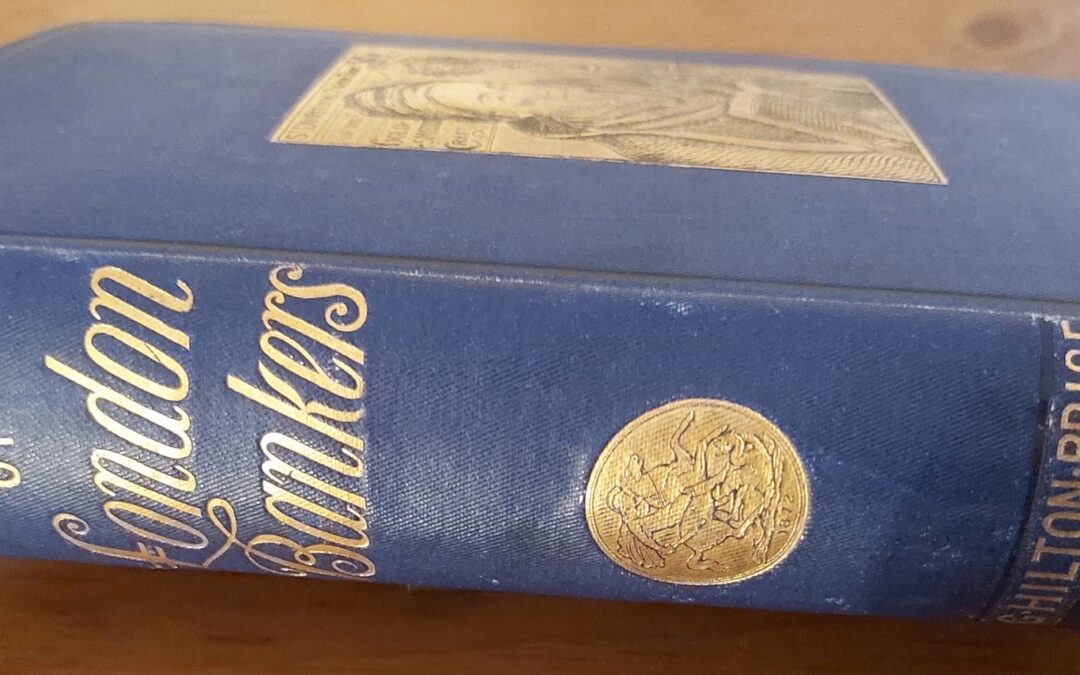In this blog, PhD student Phil Winterbottom reflects on the ways in which he has used BBIH as a tool to help him develop his historiographical knowledge and keep up to date with the latest research in his field.
When I began my PhD research in 2020 I had not studied in an academic environment for nearly 35 years. My working life as an archivist had on occasion involved historical research using other archives and secondary sources, and in the year prior to registering as a doctoral student I had also built up a familiarity with the core literature and journals relating to my period and subject area. However, one of the first things that struck me as I started out on my research was how much I didn’t know. This applied not only to my subject knowledge, but also to published research, and in the latter case I also had no clear idea of the extent of my ignorance. As I began to prepare a literature review in my first months of study, it became clear that I needed to fill my historiographical knowledge gaps.
I was soon pointed in the direction of BBIH, which I found was an ideal tool to locate journal articles, book chapters, monographs and, to a lesser extent, theses that could be relevant to my research. In common with many research students, my thesis subject, personal banking in London in the seventeenth and eighteenth centuries, straddles a range of historiographical strands, including various aspects of economic and social history. In order to discover what I was missing it was really helpful to be able to conduct a range of searches in BBIH using the extensive hierarchical subject categories in conjunction with date and place parameters. Having used BBIH to help with my literature review, I soon realised that it would be the easiest way to find and access material as I continued my PhD journey.

Often when looking at search results in BBIH it is obvious just from the title of a book or article that the item is going to be worth consulting (in which case I select the item in the search hitlist to come back to later in my BBIH session). Similarly, there are also usually items in a hitlist which it is clear are unlikely to be of interest. However, there are always a number, often a lot, of publications whose relevance is less clear cut. For this material I often look first at any reviews listed at the bottom of the BBIH entry, and also check Google Scholar for any additional reviews, as these often provide enough information for me to decide whether to investigate further. In many instances, particularly for monographs, following the Google Books link in BBIH is also helpful, especially if there is a preview or free ebook. I also check if there is a DOI link within the BBIH entry which might take me to an abstract or full text of an item. Once I have in the BBIH hitlist a list of selected items which I know I would like to look at, I first of all export the citations for the selected items direct to Zotero. I then work through the hitlist, for each item following the BBIH link to my academic library (in my case Senate House Library in London) to see if I can view the item online through my library membership—I can then go straight to the item. For older material I check if there is a digital version available via the Internet Archive. If there is no online version, I check via BBIH whether the item exists and is currently available to read or borrow in hard copy at Senate House Library. If I cannot access the item there, I use the JISC Library Hub Discover link to locate copies of the item elsewhere. I sometimes then export a group of selected entries from BBIH to create reading lists in Word.
I also use BBIH to help me assess material I am reading, for example by looking for other published work by the same author, or using the subject index terms highlighted in the BBIH entry to find related works. I often also take a look at Google Scholar to see where, and to what extent, the work has been cited. I have also used BBIH to find material to help me construct the personal case studies which appear in my thesis, and the links within some BBIH entries to articles in the Oxford Dictionary of National Biography or British History Online, and material at The National Archives, have on occasion been useful too.
Over the course of my research I have set up BBIH email alerts, which I use alongside journal e-alerts, to keep track of newly-published material. The BBIH emails not only tell me that new material relating to my saved searches has been added to the database—they also enable me to go straight to hitlists of the new items. These alerts have proved useful both for identifying monographs which have not yet been reviewed, and of which I may have been unaware, and for revealing articles which have appeared in journals with which I am not familiar and for which I do not receive regular content updates.
I am sure there is more that I could do with BBIH, but I have found it valuable not only for quickly identifying relevant literature, but also as a one-stop portal for accessing digital and printed versions of the material.

Banner image: Spine of F. G. Hilton Price, A Handbook of London Bankers (London: Chatto and Windus, 1876), which is still a useful resource for the early history of banking in London.

